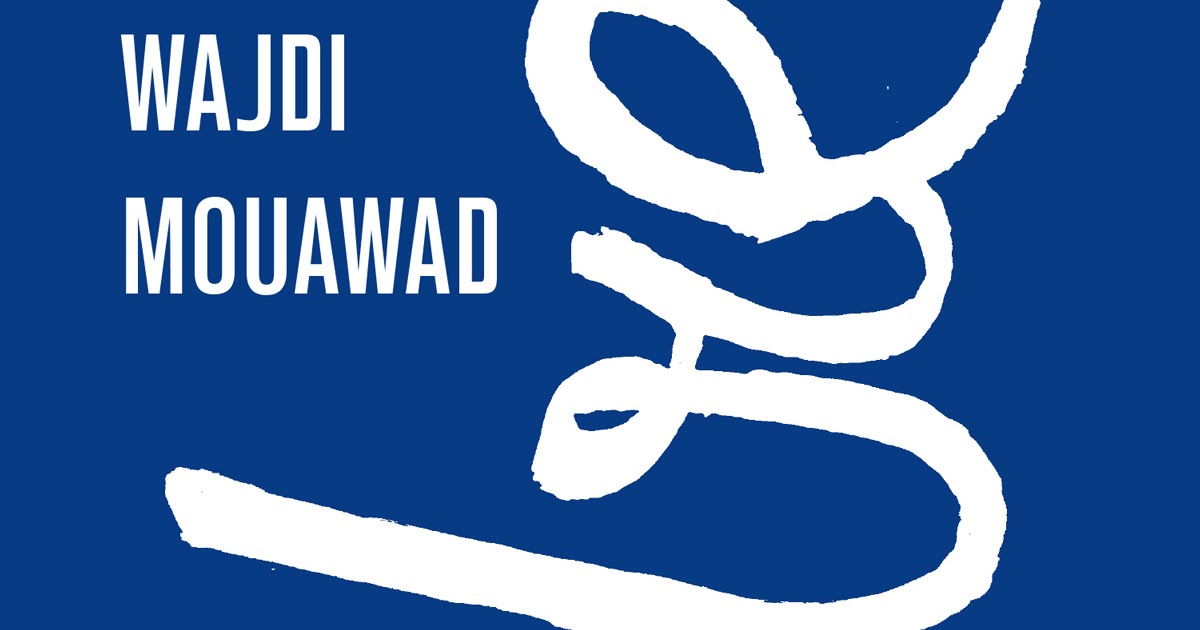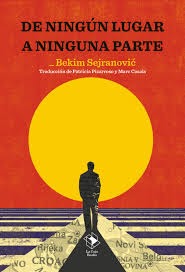
There are literary genres that, let’s face it, have little audience and I would dare to say that theater is one of those that has the least followers if we leave aside its theatrical representation which, deep down, is what it is intended for. For this reason, the reading of theatrical works seems almost exclusively intended for those who go to the theater and/or are dedicated to it; For the rest, they are works that are difficult to understand since they require a certain amount of practice or background to be able to put themselves in the situation and often imagine static scenarios with elements that are not always detailed in the work. In any case, once you get used to it and especially when you have read works by the same author, interpretation (in every sense) is somewhat easier.
Faithful to his concerns and style, with this text Mouawad returns to his culture and origins to build the story, although in this case he does not speak only of his land and the conflicts that its citizens have been carrying for a long time but of his own life. Thus, beyond the continuous war that his country suffers, the book also deals with his exile from Beirut to Paris, while he was still small; an exile that meant changes at the level of identity, but also within the family, since the war marks those who stay, but also those who leave. And the author, aware of the difficulty of fitting into a foreign culture, turns to theater, as is evident throughout his work and as he himself recognizes when he states that “he was exiled geographically and linguistically, since he lived far from the Lebanon, but from the point of view of writing and theater, in the rehearsal room, I was at home. “I was in my language and in my history when others were in exile.”
With this autobiographical purpose the book begins and does so with an introduction on a personal level, by the Lebanese author, in which he explains what exile means for him and how he finds home in theater and writing and, unlike his previous works where the conflict focused on hostilities between countries or family members (“with the Lebanese everything ends at the foot of a grave”), in this case the author goes one step further and narrates his own relationship with his mother . Thus, this story is the memory that young Wajdi has about his mother, who died on December 17, 1987 in Montreal.
Argumentatively, this theatrical piece is made up of a few characters: the Mouawad family (who are mostly exiled in Paris) and a couple of journalists who serve the author to narrate what happens in Beirut where the father and sister continue to reside. of his mother. Through them we learn about the conflict situation in Lebanon between Syrians and Israelis and we see how from a distance the family suffers for the father and sister, but also for the civilians trapped in a war that has fallen on them as one of the so many shells and bombs. The narrative tension is evident especially in the mother, who tries to find out what is happening in Lebanon while Wajdi and her sister Nayla, displaying the innocence of the children, pretend that they are still in Beirut, thus confronting the violent situation with their candid childish gaze. reality in which his mother lives and the awareness of the hardness of a life in exile, far from his land, far from part of his family. A once intelligent, strong and formidable mother, but the situation takes its toll on her, spreading the tension to her children, because as Nayla tells her daughter, “the only one here who has the right to complain is me.” . You only worry about yourself, on the other hand I worry about you, your brother, your brother and your father and the dog and the casserole, so don’t come and reproach me for not understanding, I don’t have time to understand. , I have no time”. These daily situations are frequently interrupted by watching the news that Mother uses to know the state of her country, and it is in them where Mouawad’s theater style is clearly seen, as imaginary dialogues are established between the presenter from the news and the mother in a kind of plea or reproach for not giving more details about the conflict; They are dialogues that break the fourth wall and in which we see the desperation of a mother when she addresses the presenter asking, almost begging and at times demanding, more details, more information, more hope. These specific connections with television news provide the historical and social context: Ariel Sharon’s Israeli troops have invaded Lebanon, forcing “the Palestinian forces to abandon Lebanese soil and support the Christian forces” in the “Operation Peace of Galilee.” ». The author himself puts the family context by interspersing drawings and cooking recipes from Lebanese culture in the text.
With this work, Mouawad conveys to us the difficulty of exile when leaving behind loved ones who fight battles against enemies and against death that appears in the form of weapons or hunger. It should be said that it achieves his purpose to a certain extent, although it is, by far, his most personal work and perhaps therefore less tragic than what we are accustomed to. The author himself already recognizes the reason for this work because, in a certain passage, he admits that “in the theater one can invent whatever he wants, so I took advantage and wrote this scene. To talk with you. The living cannot avoid speaking to the dead” and confesses that “perhaps my desire was not to speak with you, but to make there exist a moment with you that never existed”, an intimate moment of recrimination for not having attended to his emotional needs when he was little. and which is evidenced in a scene that he addresses to the now deceased mother stating that “I haven’t seen you in thirty-four years and I don’t miss you. Because? Because the one who misses you is him, who sees you every day. Do you hear me? He misses his mother, he misses you. “You’re losing him.”
In this way, the book narrates the difficulty of exiles in their integration into society, but especially in recovering their lives, even more so when part of the family and friends remain in the country of origin, victims and witnesses of wars and revolts. The life of exiles, always aware of the news, always aware of the progress of conflicts, an emotional connection that keeps them tied to their country of origin, sacrificing, too, their own lives with their gaze always divided between a past together. and an incomplete future. And, with it, desperation and frustration, and retaliation towards others by a character soured with the passage of time and events.
The author says that “in the theater, the country is always the writing.” That is the beauty of this noble art, its great importance. What we write, what we read, makes up our country, our territory while we are focused on it. It is our means of escape, but also the home in which we gather when noise and atrocities overwhelm our lives.
Source: https://unlibroaldia.blogspot.com/2024/03/wajdi-mouawad-madre.html


